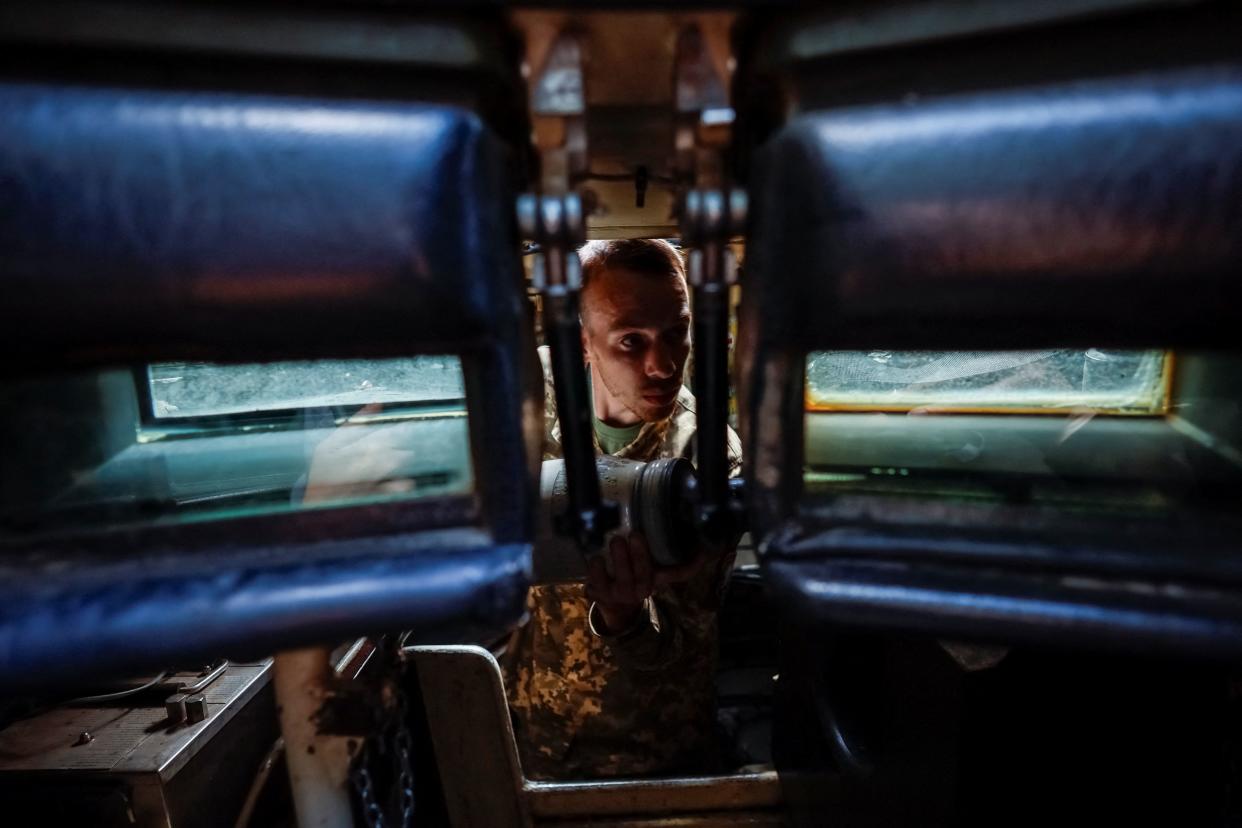NATO to overhaul its defense industry after Ukraine war highlights shortcomings

The News
NATO pledged to ramp up its defense industry on Wednesday, as Russia’s invasion of Ukraine has created a vast demand for more supplies in the war-ravaged country and across the alliance that has outstripped NATO’s ability to produce weapons and ammunition.
“We were not able to produce the kind of capabilities in the kind of volumes that we need either for our own deterrence and defense or to support Ukraine,” one senior NATO official told reporters, speaking on condition of anonymity.
The Defense Industrial Pledge commits NATO members to ensuring that members do not put up trade barriers on the alliance’s defense market, that they purchase weapons jointly whenever possible, and work closer with Ukraine and NATO’s Indo-Pacific partners on defense production.
A key part of the pledge is to standardize weapons across the alliance: The war in Ukraine has shown that even standard 155mm ammunition often has small differences that mean it cannot be used across different countries’ artillery.
“It’s bad for the military commander because it means you have different pots of ammunition, it lengthens your supply lines. It’s just terrible all around,” the official said. Ammunition purchases across the alliance will now be subject to standardized guidelines, the official added.
Know More
The new pledge is an acknowledgement that the West has so far struggled to ramp up its defense industrial base. The EU’s promise to send a million artillery rounds to Ukraine by March will only be met by the end of this year, and European countries have scoured the globe for ammunition shells still for sale even as prices have spiked.
NATO officials are determined to rectify this, and say the alliance is on track to produce roughly 2 million rounds of 155mm artillery ammunition this year, and could hit 3 million rounds in 2025. “It’s not enough, but it’s a big uptick,” the official said. While the goal is not to “strictly outproduce Russia in raw terms, we need to be able to produce what we need for NATO deterrence and defense and to supply Ukraine,” he added.
Members are also motivated by a desire to reduce the Western defense industry’s dependence on Chinese components. An internal NATO agreement agreed upon several weeks ago to reassess NATO’s military supply chains warned about the threat of China potentially throttling the flow of key components. While China is not mentioned explicitly in Wednesday’s pledge, its dominance in key parts of the supply chain informed background discussions, the official said.

